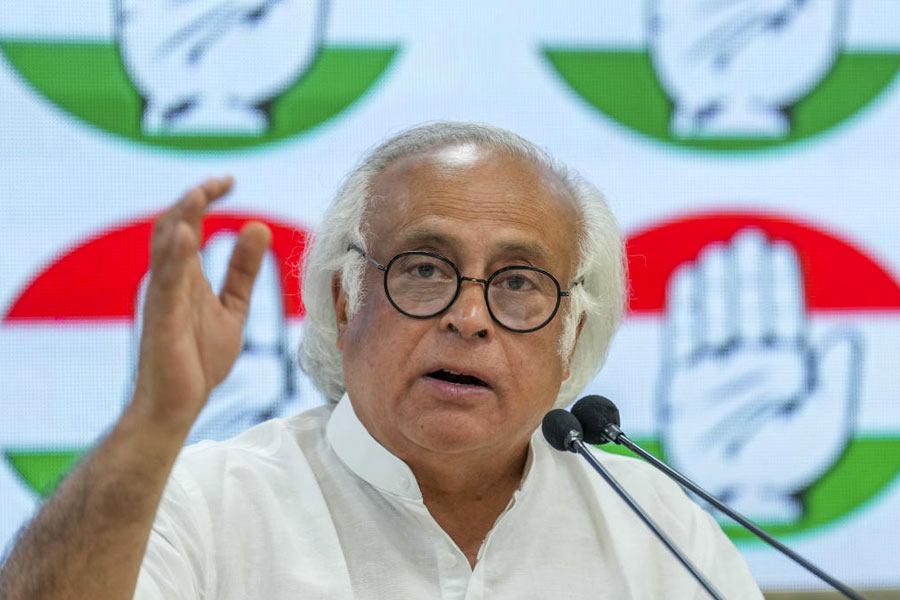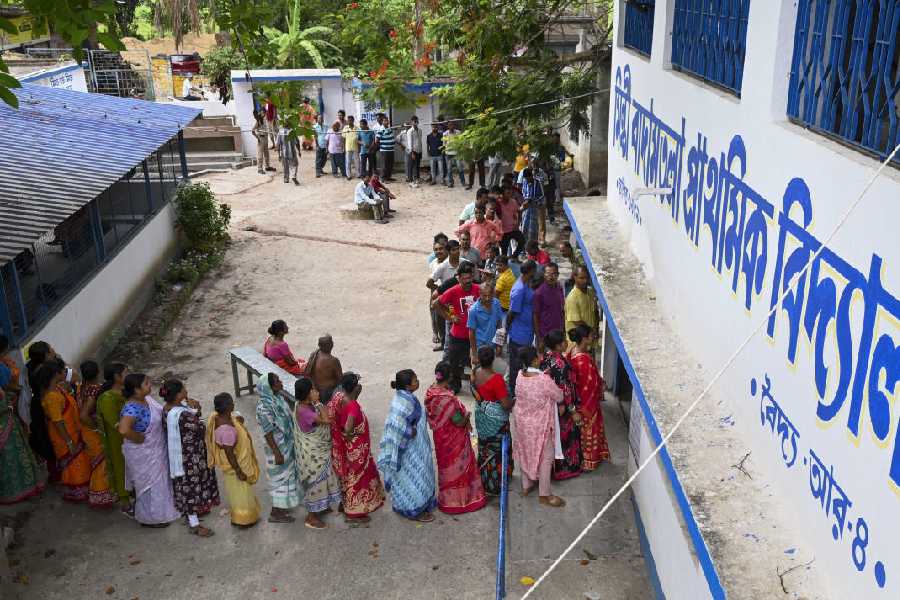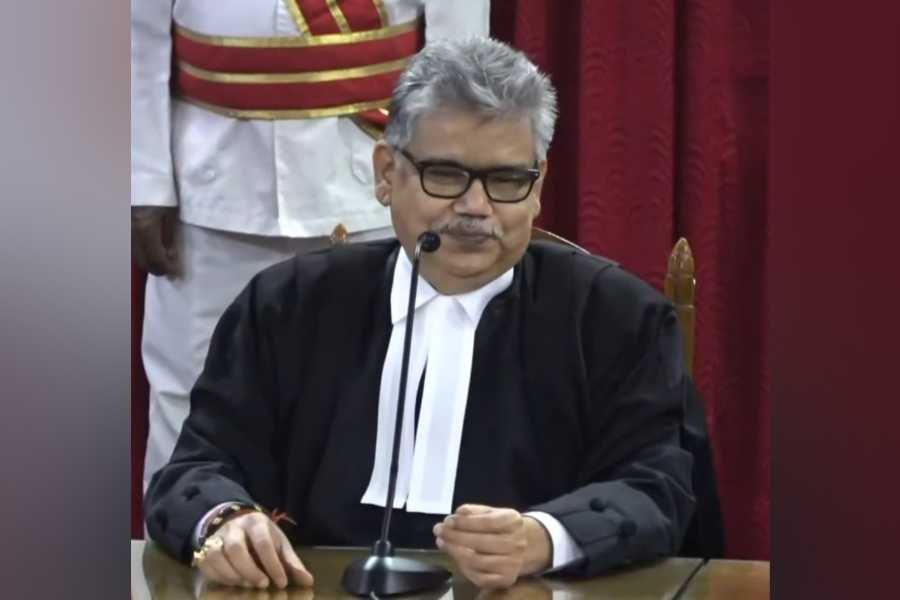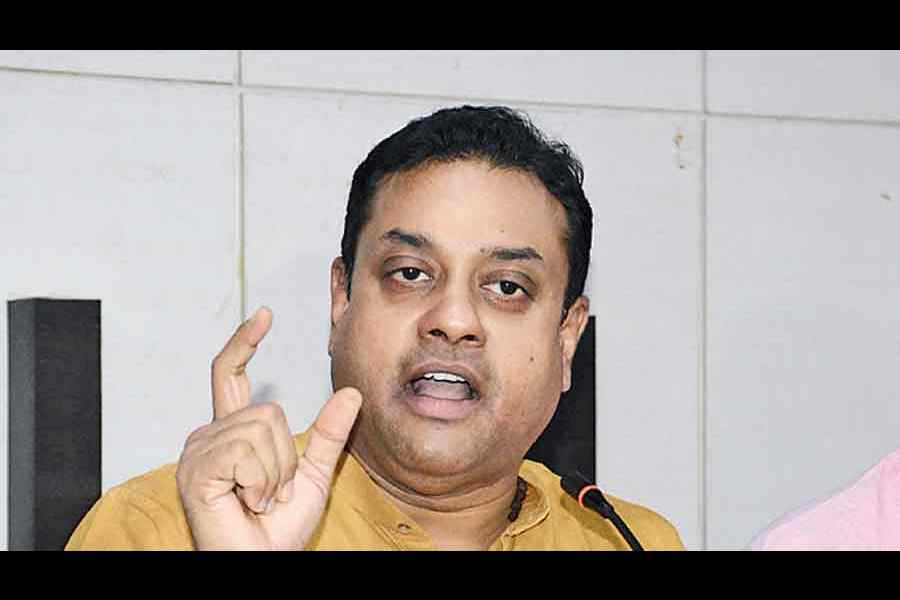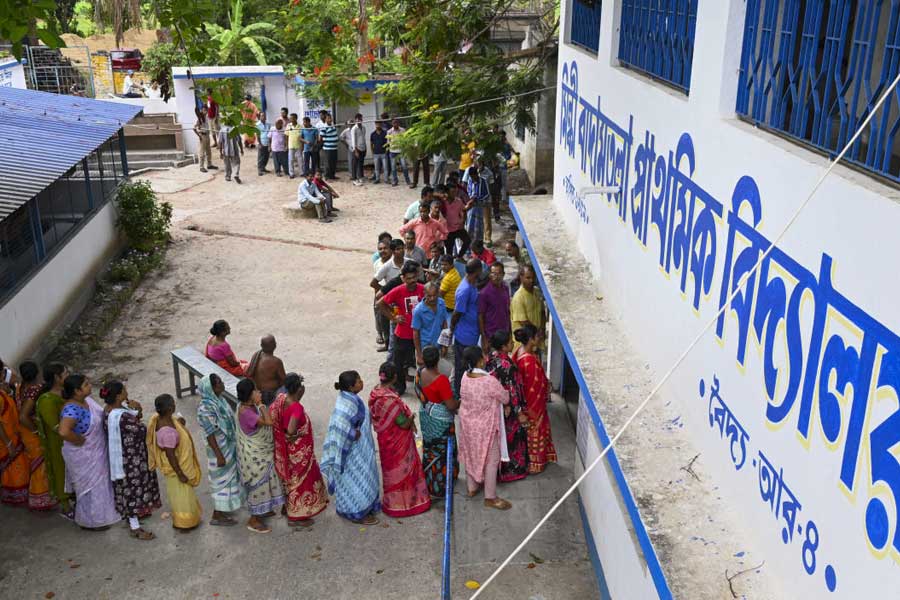Maldives voted for "India Out" on Saturday in the run-off for the presidential elections that brought in "pro-China" Mohamed Muizzu, paving the way for another reset in Male’s relations with New Delhi and a new round in the see-saw between India and China for influence in the strategically located archipelago.
There was no official reaction from India to the election result which became clear late on Saturday night barring Prime Minister Narendra Modi’s congratulatory message to Muizzu on X (formerly Twitter). "Congratulations and greetings to @MMuizzu on being elected as President of the Maldives. India remains committed to strengthening the time-tested India-Maldives bilateral relationship and enhancing our overall cooperation in the Indian Ocean Region.’’
In his first remarks to the media after outgoing Maldivian President Ibrahim Solih conceded defeat, Muizzu said: "Today the people made a strong decision to win back Maldives independence.’’ This is widely perceived to be a remark at the Solih administration’s pro-India tilt which, according to the Maldivian Opposition, risked the autonomy of the country.
The run-off brought the curtains down on the five-year-long Solih administration during which the Indian footprint had grown in the archipelago, providing the Opposition the ammunition to mount a counter-offensive by alleging that the government was surrendering to India. The "India Out" campaign became the slogan of the Opposition and the Solih government even outlawed it. But, it would still surface periodically.
The campaign turned ugly on a couple of occasions, forcing the Solih government to issue statements iterating Male’s India First policy. This, in turn, became fodder for the Opposition narrative that the Maldivian Democratic Party dispensation was jeopardising the archipelago’s autonomy by siding up with New Delhi.
Muizzu, who is the mayor of Male, was part of the Abdulla Yameen government that preceded the Solih dispensation and was seen to be pro-China, having borrowed heavily from Beijing and allowed the Chinese presence to grow in Maldives on his watch. Solih sought to balance this out by favouring India more but the rebalancing queered the pitch for him two years into his government.


